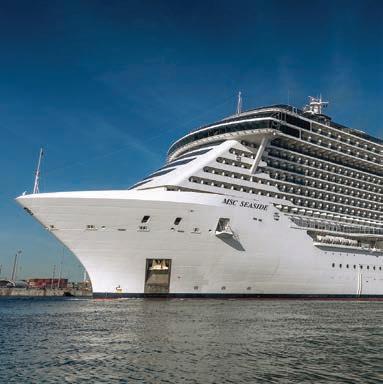E SSENTIAL SKILLS Travelers, especially those who engage in outdoor pursuits in remote areas, may need to stabilize and deliver care to an injured companion before medical assistance arrives. Major medical publications provide instruction in greater detail, but the following text provides a distillation of the essential points.
PR OVI DI N G FI RST AI D The following are the key steps for helping individuals who have been injured but are still responsive (conscious and aware): • Maintain and/or assist with airway control. • Control severe bleeding. • Prevent shock or administer treatment for it. Individuals who are breathing but unresponsive should be assumed to be in respiratory failure (respiratory insufficiency) — that is, having an inadequate exchange of oxygen for carbon dioxide. For these individuals, immediately do the following: • Protect their airway. • Carefully monitor them to determine if they require artificial respiration such as CPR. If individuals are unresponsive and show no signs of life — no breathing, movement or response to an attempt to rouse them — immediately start chest 156
compressions. Anyone can safely perform CPR, with or without training.





























